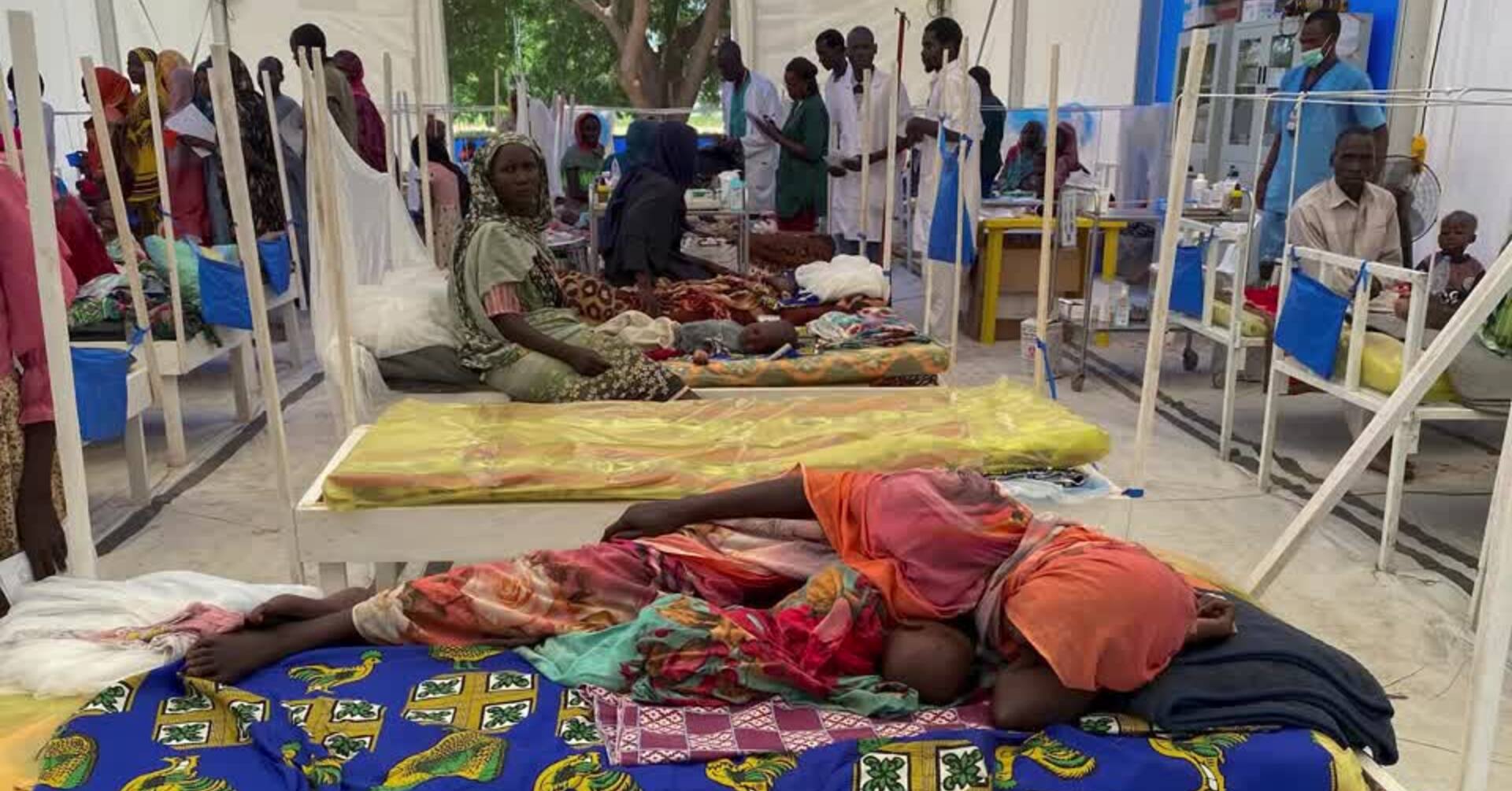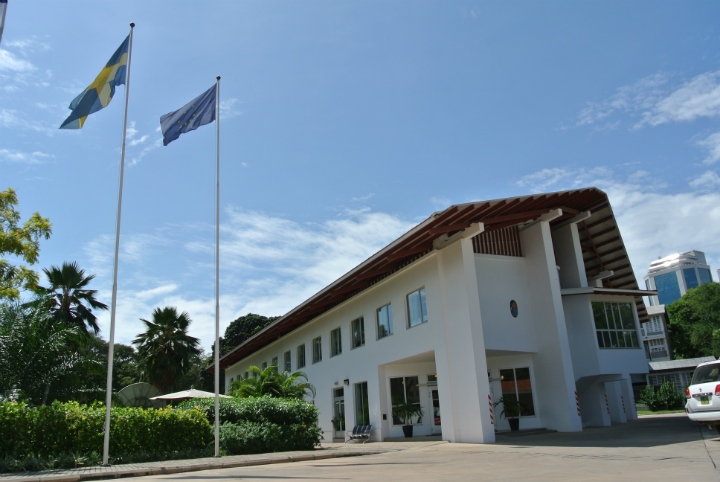Contaminated water crisis fuels deadly cholera outbreak in Sudan as cases surpass 1,400

Health officials have linked the crisis to contaminated drinking water, following a Rapid Support Forces (RSF) attack that disrupted the city’s main water supply.
A deadly cholera outbreak in Sudan’s White Nile State has intensified, with more than 1,400 reported cases in Kosti alone.
Health officials have linked the crisis to contaminated drinking water, following a Rapid Support Forces (RSF) attack that disrupted the city’s main water supply.
More To Read
- Sudan cholera outbreak kills 80, infects over 2,100 in Darfur states
- African leaders commit to ending cholera epidemic by 2030
- Nearly 700 dead as South Sudan battles worst cholera outbreak since independence
- 71,000 drought-related “excess” deaths may have occurred in Somalia between 2022 and 2024
- Cholera epidemic claims 3,747 lives in Africa in 2024, with Sudan leading fatalities - Africa CDC
- Cholera outbreak claims 145 lives in Somalia amid ongoing health crisis
The Sudanese Health Ministry reported on Saturday that the number of cholera cases in Kosti had reached 1,409 within three days, with the death toll rising to 58.
According to the Sudan Tribune, the crisis has overwhelmed the city’s main hospital, forcing families to bring beds from home for patients being treated in the courtyard. Others have no choice but to lie on the ground due to a lack of space inside the wards.
Medical workers and residents fear the outbreak could spiral further out of control if urgent intervention is not taken. The Sudan Doctors Network provided slightly different figures, stating that the outbreak had resulted in 83 deaths, with 1,197 confirmed cases. Of those infected, 259 have recovered.
Describing the situation as "catastrophic," the network urged authorities to open more treatment centres and supply additional hospital beds to accommodate the rising number of patients. They also called for intensified awareness campaigns, disinfection of markets, and stricter regulations on water distribution to prevent further infections.
Schools in Kosti, White Nile State, have been closed to contain a major cholera outbreak, with cases exceeding 400 and 13 deaths reported, a state official announced on Thursday.https://t.co/ydoGkkqokf
— Sudan Tribune (@SudanTribune_EN) February 20, 2025
Video: Medical workers at Kosti Teaching Hospital battle to save lives amid a… pic.twitter.com/IOtqLJ8vPn
“The Sudan Doctors Network emphasises the catastrophic health situation in the White Nile state due to the spread of the epidemic and calls on health authorities to open several centres due to overcrowding in hospitals and the lack of sufficient beds for patients due to the increasing number of cases. The network urges local authorities to intensify awareness campaigns, disinfect markets, and prevent the distribution of drinking water through traditional methods, as well as distribute chlorine to areas without a water network,” it said in a statement on X.
The Sudan Tribune notes that authorities have responded by banning the use of donkey carts to transport water from the White Nile, which was previously the main source of drinking water for residents before the city’s main water station was reactivated.
The Federal Ministry of Health has also implemented emergency response measures, including a vaccination campaign, securing 40,000 units of intravenous fluids, and increasing the capacity of isolation centres.
In an effort to contain the outbreak, the ministry has activated the Public Health Emergency Law, enforcing the closure of markets, schools, and shops. Additionally, environmental sanitation campaigns have been launched, along with strict health precautions to curb the spread of the disease.
According to the Health Ministry, the outbreak was triggered by contaminated drinking water after the RSF shelled the Um Dabaker power substation on February 16. The attack destroyed one transformer and damaged another, severely impacting the electricity supply in Kosti and the wider White Nile State. It noted that this led to the shutdown of the city’s main water station, forcing residents to rely on unsafe water sources.
Images and videos circulating on social media show the grim reality inside Kosti Hospital, where patients are lying on the ground under the scorching sun, intravenous fluids dangling from makeshift stands. Clothes and medical supplies are scattered throughout the facility, painting a dire picture of the ongoing crisis.
Top Stories Today












































